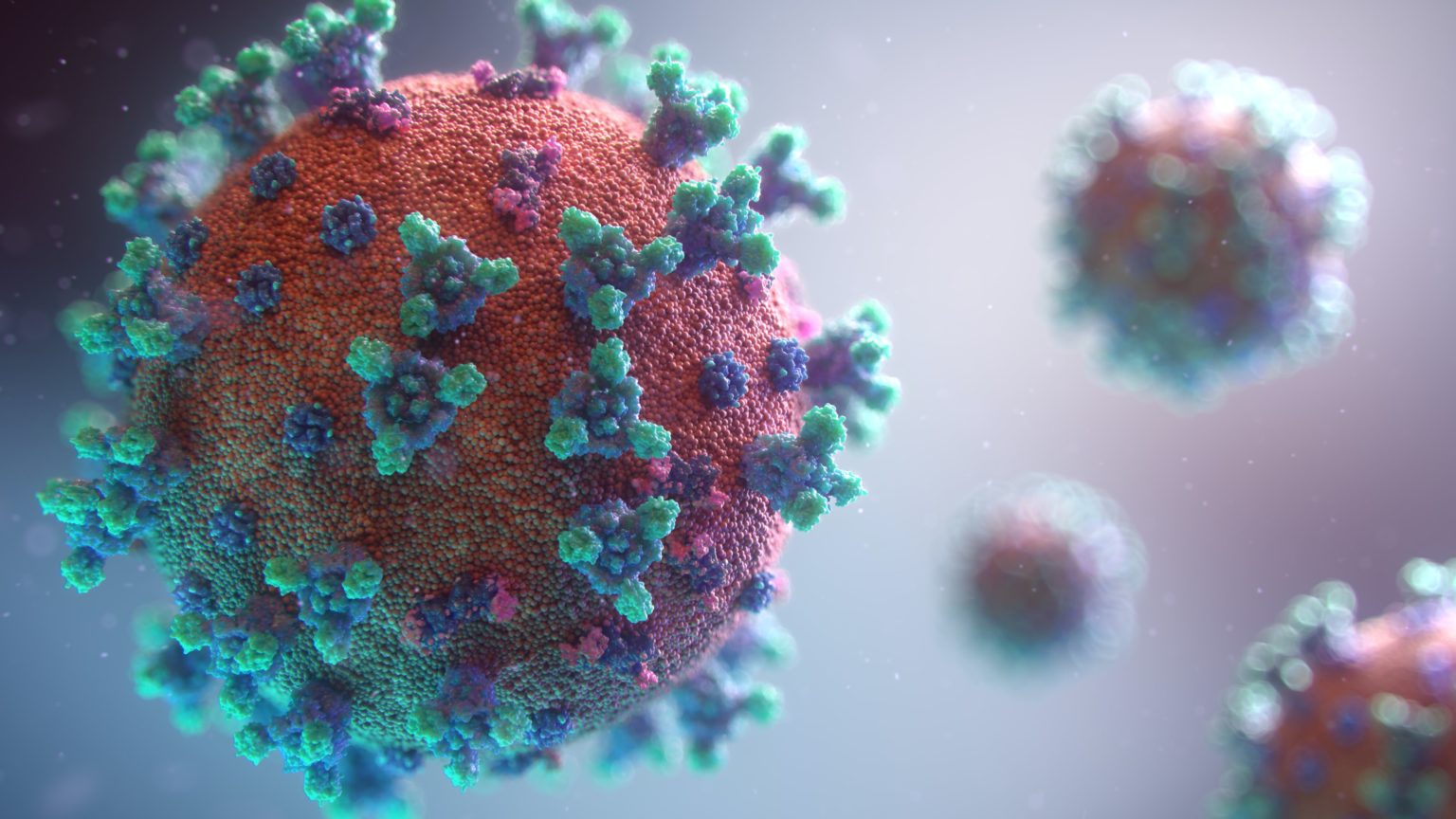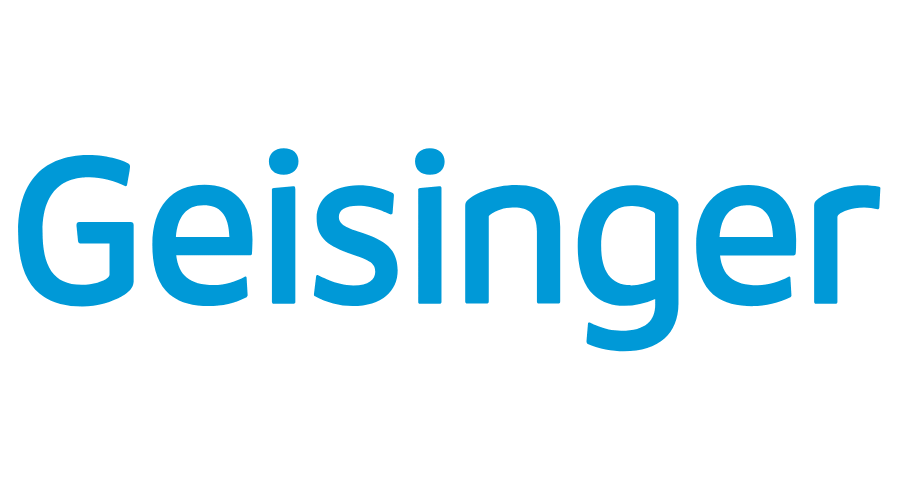Leading the Way Through the COVID-19 Pandemic

Issue
When COVID-19 disrupted our lives in 2020, many of our faculty members pivoted their research and efforts to address this global pandemic. How can we decrease COVID mortality? How can we improve vaccination rates, and how can we ensure equitable distribution of the vaccine? What are the effects on people’s mental health? These were some of the questions our faculty tackled.
Results
CHIBE faculty created numerous programs locally and nationally, generated scholarship and actionable research, and provided thought leadership to guide the pandemic response worldwide.
Our faculty engaged with policymakers in a variety of ways to help with the COVID-19 vaccine roll-out. CHIBE Scientific Director Dr. Alison Buttenheim provided testimony on vaccine acceptance to the U.S. House of Representatives’ Committee on Science, Space, and Technology. In her testimony, Dr. Buttenheim provided several science-based recommendations that she hoped Congress would endorse, fund, and promote.
Dr. Buttenheim and CHIBE-affiliated faculty member Dr. Daniel Polsky were appointed to a National Academies of Sciences, Engineering, and Medicine ad-hoc committee on equitable allocation of COVID-19 vaccines.
Dr. Buttenheim also participated in the Philadelphia Department of Public Health COVID-19 Vaccine Advisory Committee and helped convene three Behavioral Science and COVID-19 Vaccine Acceptance conversations that were co-hosted by CHIBE.
CHIBE-affiliated faculty member Dr. Harald Schmidt also provided public comments at the U.S. Department of Health and Human Services’ COVID Health Equity Task Force.
A paper led by CHIBE Associate Director Dr. M. Kit Delgado evaluated the effectiveness of an automated text messaging service for monitoring patients sick at home with COVID-19. This service, called COVID Watch, delivered twice-daily texts to patients to check to see how they were feeling and if they had any trouble breathing. Patients could also report worsening symptoms, which would be handled by telemedicine clinicians 24 hours a day. In this study, which looked at patients who tested positive for COVID between March 23 and November 30, 2020, the researchers discovered patients enrolled in the system were 68% percent less likely to die than those not using it. There were 1.8 fewer deaths per 1,000 patients at 30 days among enrolled COVID Watch patients and 2.5 fewer deaths per 1,000 patients at 60 days. This paper won the Publication-of-the-Year Award from AcademyHealth and was named “Best of 2021” by Annals of Internal Medicine.
In addition, Drs. Dr. Alison Buttenheim, Angela Duckworth, Gretchen Chapman, and Adam Grant (all CHIBE affiliates) contributed to COVID-19 Vaccination Uptake Behavioral Science Task Force report for the CMS Chief Medical Officer and Director of the Center for Clinical Standards and Quality for distribution to the Department of Health & Human Services.
One paper led by CHIBE affiliate Dr. Osea Giuntella, and also involving CHIBE affiliate Dr. Silvia Saccardo, examined how COVID disrupted people’s lifestyle and mental health. They found steep decreases in step counts and socializing, increases in screen time, and the proportion of participants at risk for clinical depression ranged from 46% to 61%, up to a 90% increase in depression rates compared to the same population prior to the pandemic. A team of researchers, many of whom are CHIBE affiliates, also conducted two megastudies looking at text message reminders for flu vaccines and found that language like “a flu vaccine has been reserved for you” boosted vaccination rates by 11%. Building on this research and this research, another team (including CHIBE affiliate Silvia Saccardo, PhD) found that this kind of “ownership” language used in text-based reminders for the COVID vaccine led to a 26% increase in vaccinations, as well.
Key Takeaways
Impact Partners


